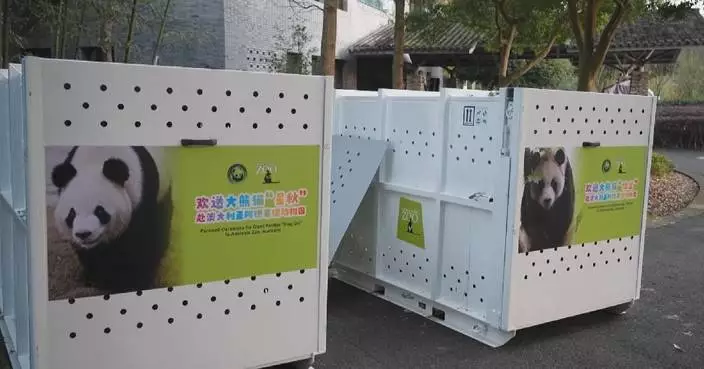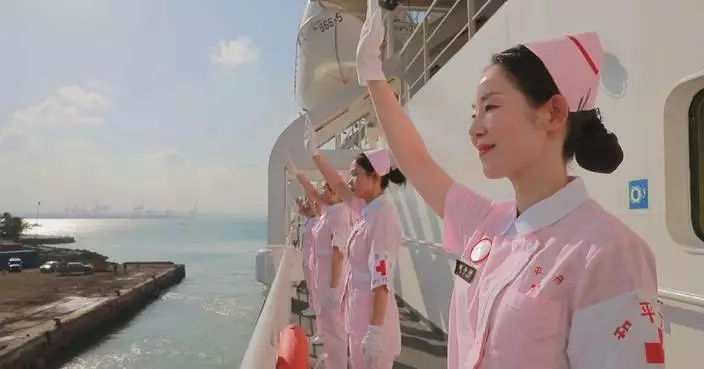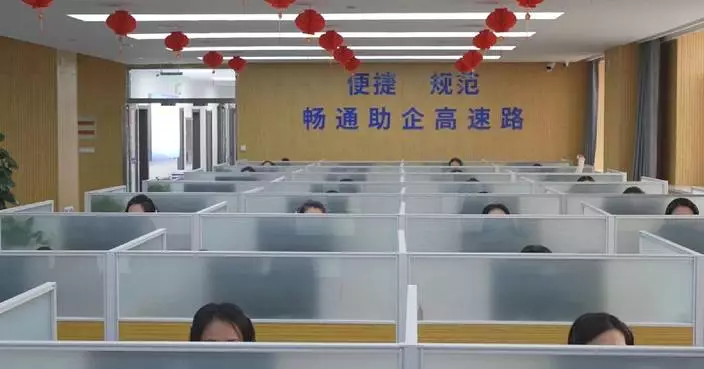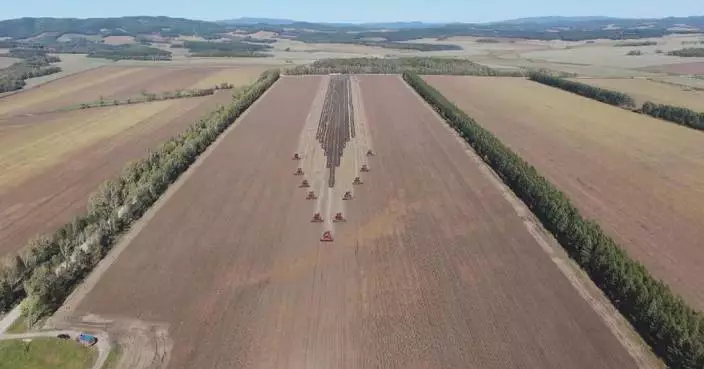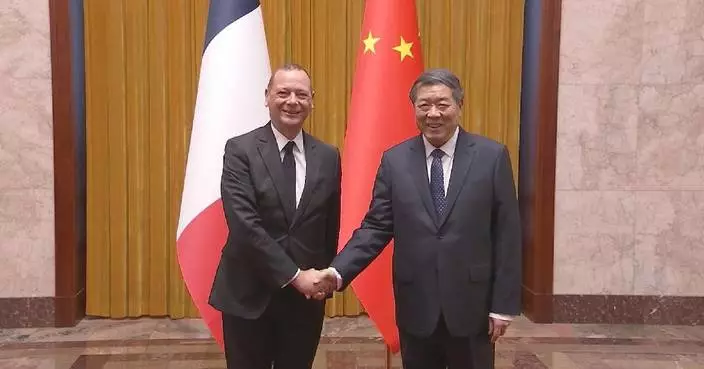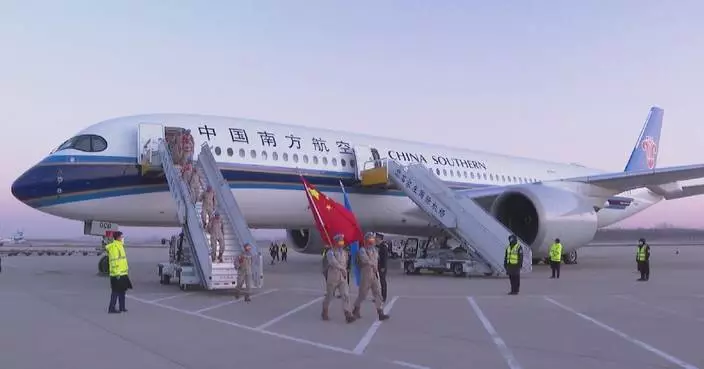Iran's atomic chief stated on Saturday that the announced increase in inspections by the United Nations nuclear watchdog of the country's nuclear facilities is a natural development, driven by Tehran's enhanced uranium enrichment capacity.
Mohammad Eslami, president of the Atomic Energy Organization of Iran (AEOI), made the remarks in response to a report by the International Atomic Energy Agency (IAEA) released on Thursday. The report revealed that Iran had agreed to more stringent monitoring at its Fordow facility in the central province of Qom, following a boost in its uranium enrichment to up to 60 percent purity, according to the semi-official Fars news agency.
Eslami said, "When we carry out nuclear activities and deal with nuclear materials, a change in the scale will naturally change the level of monitoring. This is obvious and natural. We have increased (uranium enrichment) capacity, and it is natural that the inspections should increase."
He assured that Iran is acting in full compliance with the IAEA's regulations and that no obstacles would be placed in the way of the agency's monitoring efforts.
On Nov. 21, the IAEA Board of Governors passed a resolution urging Iran to improve cooperation with the agency and submit a "comprehensive" report, pressuring Tehran to resume nuclear talks. In response, Iran announced the activation of a "substantial" number of new "advanced" centrifuges.
Iran signed a nuclear deal, formally known as the Joint Comprehensive Plan of Action (JCPOA), with several major countries in 2015. The agreement imposed restrictions on Iran's nuclear program in exchange for sanctions relief.
However, the U.S. government under then-President Donald Trump withdrew from the agreement unilaterally in May 2018, reinstating sanctions and prompting Iran to scale back some of its nuclear commitments.
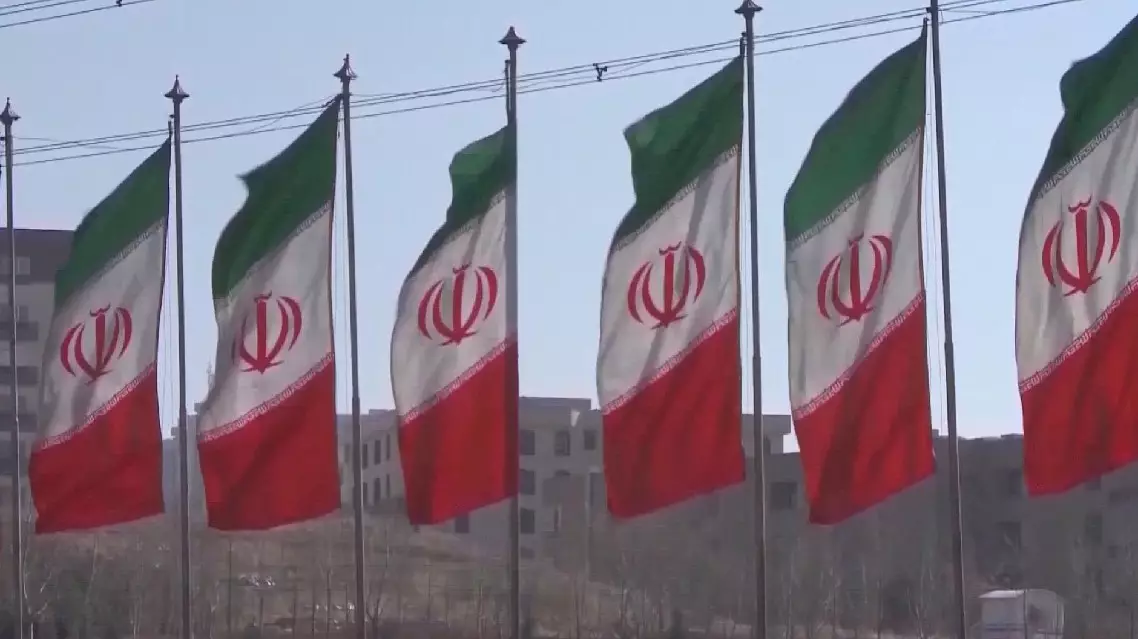
Iran's atomic chief says increase in IAEA nuclear inspections "natural"
As Macao celebrates the 25th anniversary of its return to the motherland, a group of ambitious young entrepreneurs is riding the wave of the region's deeper integration into national development, venturing into the vibrant mainland city of Zhuhai to pursue their career dreams.
Zheng Yiwei, a native of Macao, commutes daily between Macao and Hengqin, a special area at the southern tip of Zhuhai, Guangdong Province in south China.
For years, Macao's limited development space posed significant challenges for its residents. However, with the central government's support, Hengqin, a place just across the water and three times the size of Macao, has opened new ground for growth.
"It takes just about 10 minutes from here (Macao) to Hengqin," said Zheng as he drove toward the mainland city.
Over the past few years, the establishment of the Guangdong-Hong Kong-Macao Greater Bay Area (GBA) and the launch of the Guangdong-Macao In-depth Cooperation Zone in Hengqing have paved the way for better transport connectivity and greater alignment of institutional frameworks between Macao and the mainland, unlocking fresh opportunities for aspiring young people like Zheng.
In 2019, encouraged by the release of the GBA Outline Development Plan, Zheng founded AHA, a youth incubator in Hengqin aimed at inspiring "aha" moments of creativity for young entrepreneurs from Macao and Hong Kong.
"I think [we] benefit most from this era, as Macao is part of the 'one country, two systems' framework, allowing us to use Macao's platform to connect with Hengqin's space and international resources," Zheng explained.
Zheng's incubator has supported more and more Macao entrepreneurs in establishing themselves in Hengqin. Among them is Cai Deming, a filmmaker who has cooperated with mainland teams to produce a short film in June reflecting everyday life in Macao.
"Working with mainland teams creates a complementary synergy. By gradually integrating into the GBA and with the support of the central government, everyone in our team can freely chase their dreams and fly high together," said Cai.
Meanwhile, businesspeople from Macao are embracing the opportunities created by more convenient cross-border travel and streamlined administrative services to build their careers in Hengqin. For restaurateur Chen Yan, Hengqin has even become home.
"The supportive policies and resources for opening businesses help solve many problems. We're still gradually developing, but I hope to carve out a place in Hengqin's blossoming catering industry," Chen said.
As of October 2024, over 6,500 Macao-invested enterprises had set up operations in Hengqin. In the first half of the year, the added value of these enterprises was close to nearly 1.9 billion yuan (about 260 million U.S. dollars), making Hengqin the mainland's most concentrated area for Macao-invested businesses.
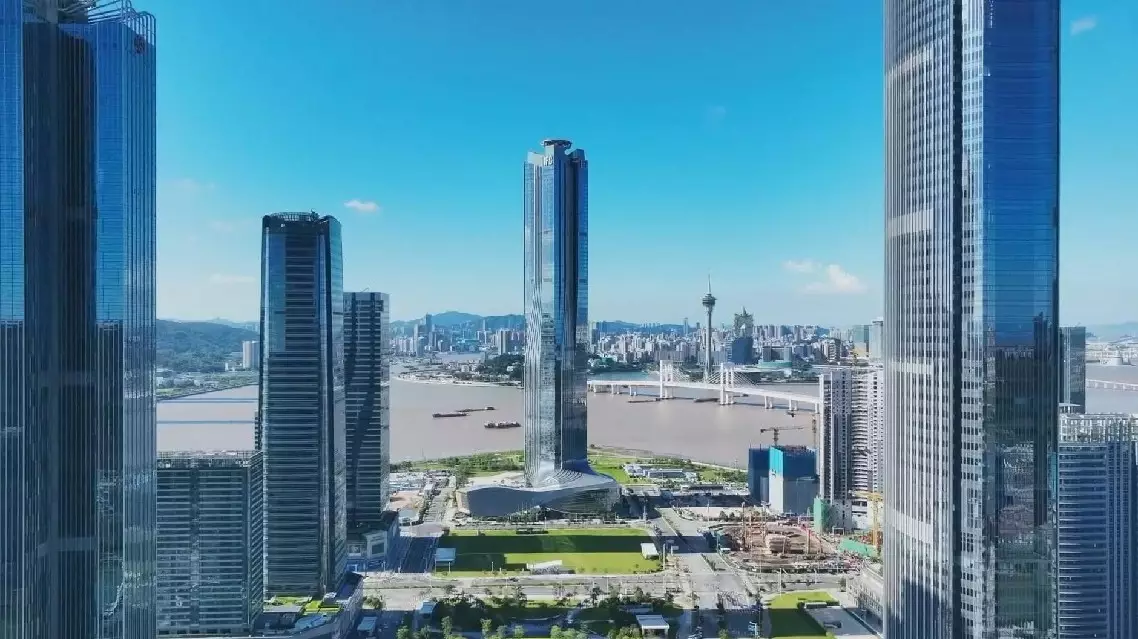
Young Macao entrepreneurs chase career dreams in Hengqin amid growing regional integration




